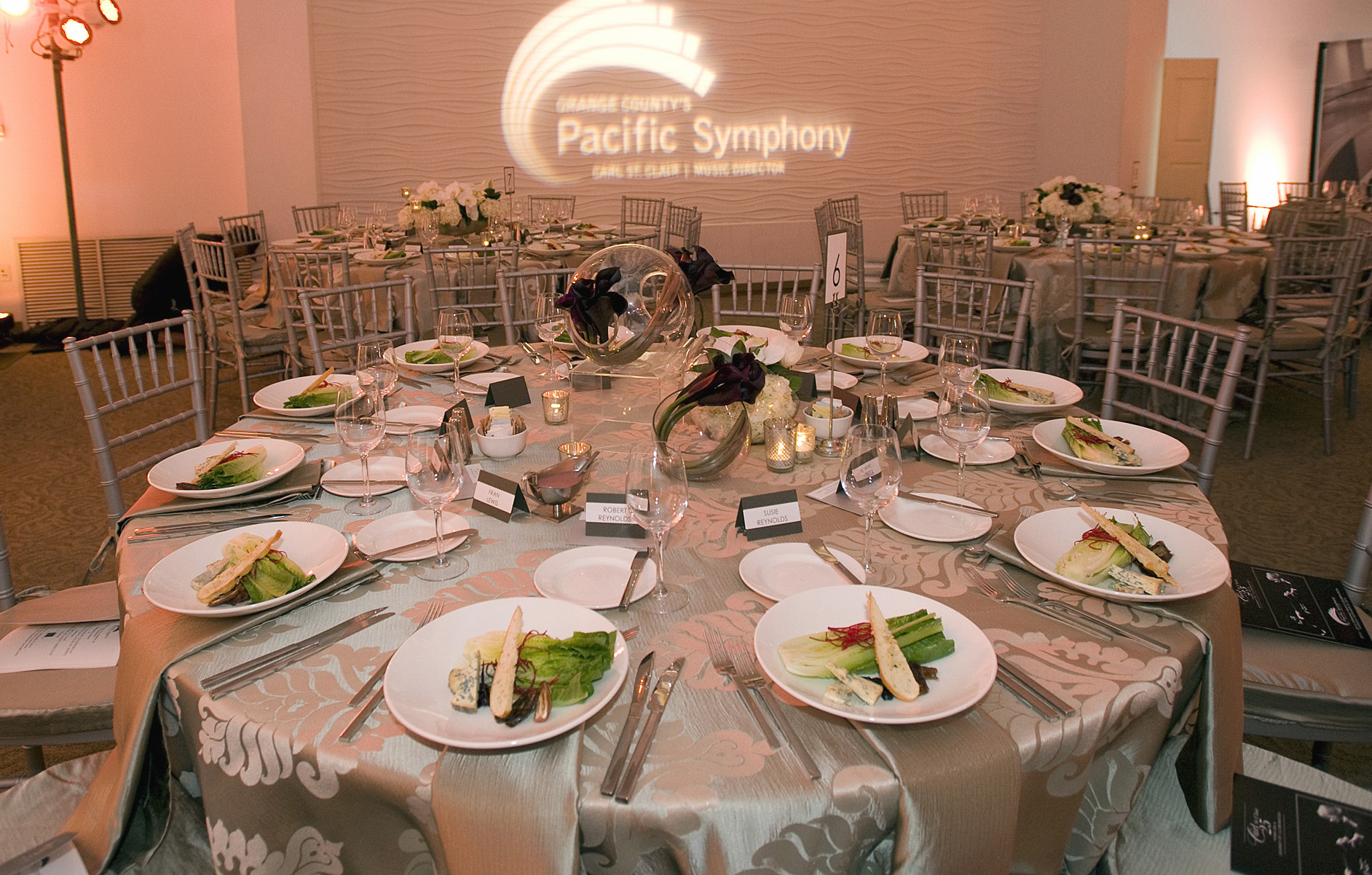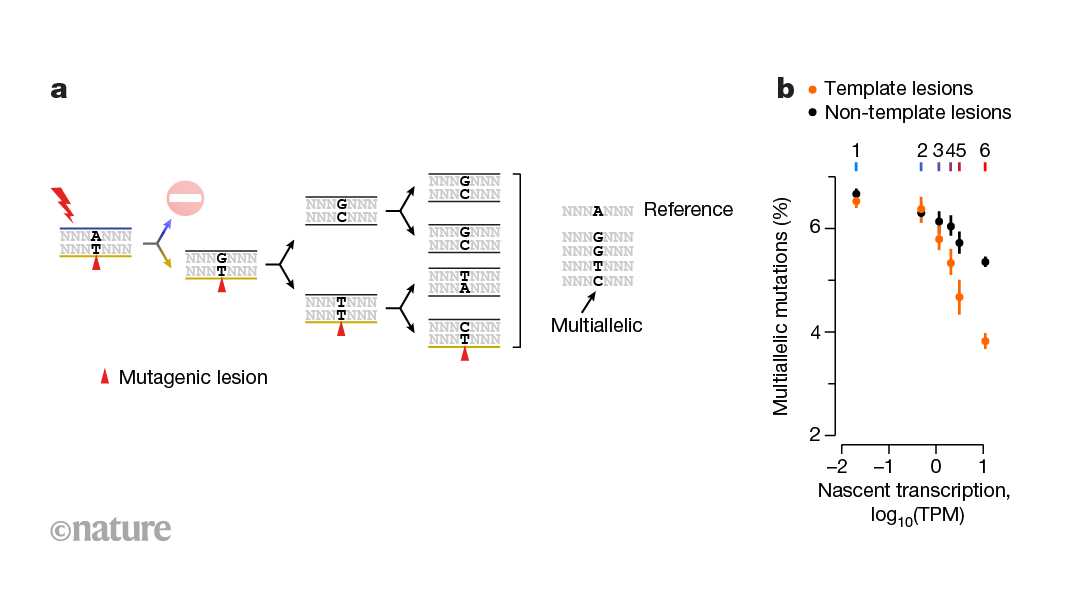
- Select a language for the TTS:
- UK English Female
- UK English Male
- US English Female
- US English Male
- Australian Female
- Australian Male
- Language selected: (auto detect) - EN
Play all audios:
WORKING OUT THE GENDERS OF NOUNS IN FRENCH CAN BE ONE OF THE MOST DIFFICULT PARTS OF THE LANGUAGE TO NAVIGATE The gender of words in French can be nothing short of a nightmare, but don’t
worry, _ce n’est pas grave_ ! French native speakers even admit to finding the gender rules difficult at times. In the modern period, as the language develops and modernises, the question of
gender in French – and other languages – is beginning to be questioned. At the moment however French is still a strictly gendered language, and learners wanting to sound fluent will need to
know the gender of nouns. GENERAL RULES EXIST FOR HOW NOUNS ARE GENDERED Fortunately, it is not simply a case of memorising the gender of each word as we are often told at school. There are
plenty of general categories, tips, and tricks that can help you know the gender of a word, or take an educated guess at it even if you have never seen it before. In general, these will
help you get the gender right around 80% of the time; as for the exceptions, they are just something you will learn in time. It is worth noting that these rules are a general overview and as
always, there are plenty of exceptions. READ MORE: ARE THERE AGE RESTRICTIONS ON LANGUAGE TESTS FOR FRENCH NATIONALITY? WORD ENDINGS USUALLY SHOW GENDER The simplified form of the rules are
that in around 80% to 90% of cases, nouns ending in _-E_or _-ION_ will be feminine. Nouns with the following endings are frequently feminine: * _ -aie, -oue, -eue, -ion, -te, – ée, -ie,
-ue_ * _-asse, -ace, -esse, -ece, -aisse, -isse/-ice, -ousse, -ance, -anse, -ence, -once_ * _ -enne, -onne, -une, -ine, -aine, -eine, -erne_ * _-ande, -ende, -onde, -ade, -ude, -arde, -orde_
* _-euse, -ouse, -ase, -aise, -ese, -oise, -ise, -yse, -ose, -use_ * _ -ache, -iche, -eche, -oche, -uche, -ouche, -anche_ * _-ave, -eve, -ive_ * _ -iere, -ure, -eure_ * _-ette, -ete, – ête,
-atte, -otte, -oute, -orte, -ante, -ente, -inte, -onte_ * _-alle, -elle, -ille, -olle_ * _-aille, -eille, -ouille_ * _-appe, -ampe, -ombe_ * _ -igue_ Note the first major exception: this is
not the case for words ending in -_AGE_, -_EGE_, -_É_, or -_ISME_, which normally indicates the noun takes the masculine. READ MORE: INFORMAL SYNONYMS FOR EVERYDAY FRENCH WORDS In addition,
nouns with the these endings are usually masculine: Masculine noun endings * _-an, -and, -ant, -ent, -in, -int, -om, -ond, -ont, -on (not after s/c¸)_ * _-eau, -au, -aud, -aut, -o, -os,
-ot_ * _-ai, -ais, -ait, -es, -et_ * _-ou, -out, -out, -oux_ * _-i, -il, -it, -is, -y_ * _-at, -as, -ois, -oit_ * _• -u, -us, -ut, -eu_ * _-er, -é after C (C=t)_ * _-age, -ege, – ème, -ome,
-aume, -isme_ * _-as, -is, -os, -us, -ex_ * _-it, -est_ * _-al, -el, -il, -ol, -eul, -all_ * _-if, -ef_ * _ -ac, -ic, -oc, -uc_ * _-am, -um, -en_ * _-air, -er, -erf, -ert, -ar, -arc, -ars,
-art, -our, -ours, -or, -ord, -ors, -ort, -ir, -oir, -eur_ _(if animate)_ * _-ail, -eil, -euil, -ueil_ * _-ing_ NOUN CATEGORIES CAN ALSO HELP Another way to try to identify the gender of a
word is through what type of ‘thing’ it is. This is particularly useful for specialised language in a field you might not know all the vocabulary for, or when talking about brands and
different types of products.. Generally speaking nouns for wines, cheeses, colours, metric units, metals, languages, trees, days of the week, seasons and months are masculine. Brand names of
cars, watches, rivers, planets, school and university subjects are all usually feminine, although le droit is an exception here. RELATED ARTICLES GRAMMAR POINTS TO WATCH OUT FOR IN SPOKEN
FRENCH TEST YOUR FRENCH WITH THESE NINE EXPRESSIONS LINKED TO INSECTS








